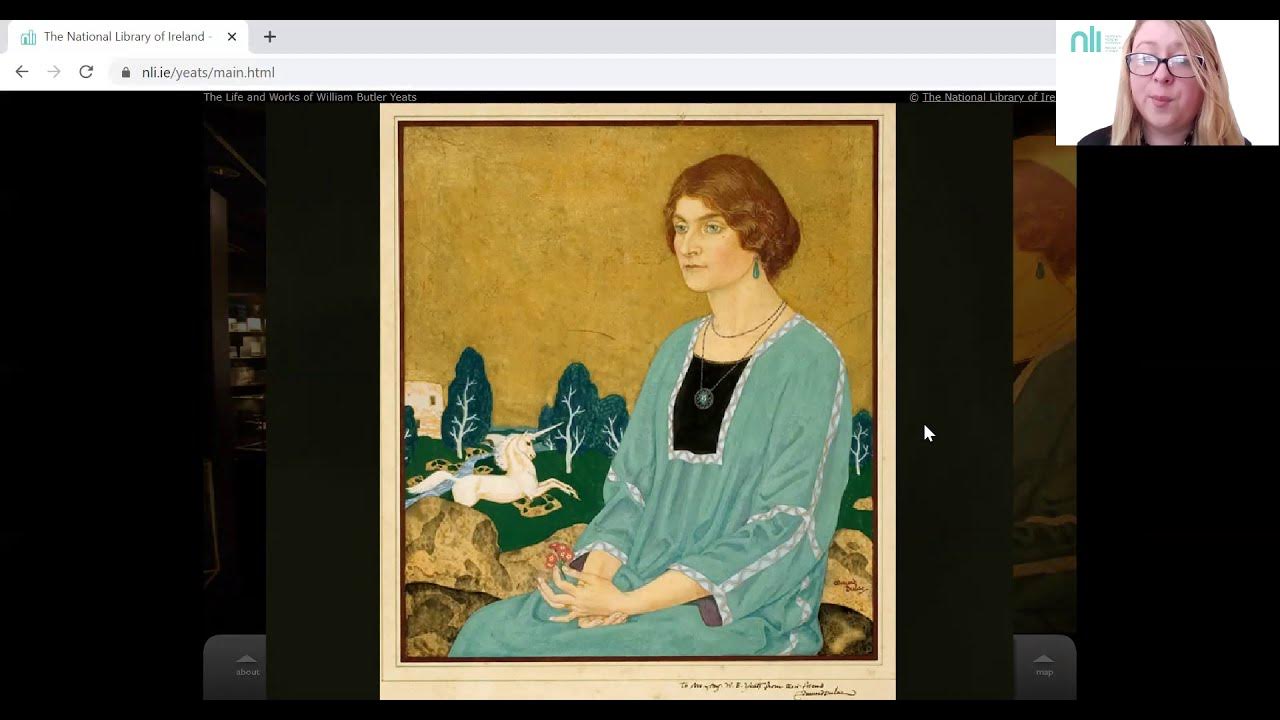GIOVANNI BOCCACCIO riassunto vita, opere e Decameron x superiori
Summary
TLDRThis video offers a comprehensive yet straightforward summary of the life and works of Giovanni Boccaccio, focusing on his major literary contribution, the *Decamerone*. Born in 1313 in Florence, Boccaccio's journey took him through Naples and Florence, where he interacted with key intellectual figures such as Petrarca. The *Decamerone*, written during the plague of 1348, is a collection of 100 stories reflecting themes of love, fortune, and human nature, presented through engaging and witty narratives. Boccaccio's influence on Italian literature is immense, cementing his place as a master of both prose and poetry.
Takeaways
- 😀 Giovanni Boccaccio was born in 1313 and is believed to be either from Florence or Certaldo. He died in 1375 at the age of 62.
- 😀 Boccaccio was the illegitimate son of a wealthy Florentine merchant, Boccaccino di Chellino, and a woman of humble origins.
- 😀 He moved to Naples in 1327 to follow his father's work in banking, where he encountered a variety of social classes that influenced his later works.
- 😀 Boccaccio was influenced by his time at the court of King Robert of Anjou, where he became passionate about literature and befriended figures like Cino da Pistoia and Francesco Petrarca.
- 😀 After the failure of his father’s bank, Boccaccio returned to Florence in 1340, and it was there that he began to write extensively in both Latin and the vernacular.
- 😀 Boccaccio’s most famous work, *Decameron*, was written during the outbreak of the plague in Florence (1348), and it consists of 100 short stories told by ten young people in exile.
- 😀 The *Decameron* uses a framework of storytelling, where each of the ten narrators tells a story each day for ten days, except for Fridays and Saturdays when they sing and dance.
- 😀 Themes in the *Decameron* include love, fortune, human ingenuity, and social satire, highlighting the human condition and social commentary on the church and corruption.
- 😀 Some of Boccaccio's other notable works include *Filostrato*, *Filocolo*, *La Leggenda di Madonna Fiammetta*, *Teseida*, and *Il Corbaccio*.
- 😀 *Decameron* is not intended to educate but to entertain, with a focus on humor, wit, and the triumph of cleverness over adversity. Several stories, like *Ser Ciappelletto* and *Kikibio and the Crane*, showcase this.
- 😀 Boccaccio helped popularize Dante’s *Divine Comedy*, contributing to the term 'Divine' being added to the title, and he played a key role in the early spread of Humanism.
Q & A
When and where was Giovanni Boccaccio born?
-Giovanni Boccaccio was born in 1313, but it is unclear whether it was in Florence or Certaldo.
What was Boccaccio's family background?
-Boccaccio was the illegitimate son of a wealthy Florentine merchant, Boccaccino di Chellino, and a woman of humble origins.
How did Boccaccio's early life in Naples influence his later works?
-In Naples, Boccaccio was exposed to a wide range of social classes, from merchants and adventurers to nobility, which influenced the sharp wit and social commentary found in his works, especially *Decameron*.
What is significant about Boccaccio's connection to the court of King Robert of Naples?
-At the court of King Robert of Naples, Boccaccio became deeply involved in the noble life, studying literature under Cino da Pistoia, and was introduced to the works of Dante and Petrarca, which had a profound impact on his later writing.
How did the Black Death affect Boccaccio's life and writing?
-The Black Death, which swept through Florence in 1348, killed many people including Boccaccio's father and friends. This event inspired his famous work, *Decameron*.
What is the *Decameron* and why is it significant?
-The *Decameron* is Boccaccio's most famous work, consisting of 100 short stories told by ten young people who flee Florence to escape the plague. It is a landmark in Italian literature, known for its themes of love, fortune, and human nature.
What role did Francesco Petrarca play in Boccaccio's life?
-Petrarca was a mentor to Boccaccio, influencing him to study classical works more deeply and write more serious and intellectual works, in contrast to the lighter, entertainment-focused *Decameron*.
What were Boccaccio's religious views later in life?
-Later in life, Boccaccio went through a deep religious and existential crisis, eventually embracing faith, becoming a cleric, and retreating to a private life in Certaldo.
How did Boccaccio contribute to Dante's legacy?
-Boccaccio contributed to Dante's legacy by adding the adjective 'Divine' to *Divine Comedy* and providing public readings and commentary on the work, thus helping to cement Dante’s place in literary history.
What are some of the key themes in the stories of the *Decameron*?
-Key themes in the *Decameron* include love, fortune, wit, deception, and the critique of the clergy. The stories often highlight cleverness and resourcefulness in overcoming adversity, with a focus on human nature.
Outlines

This section is available to paid users only. Please upgrade to access this part.
Upgrade NowMindmap

This section is available to paid users only. Please upgrade to access this part.
Upgrade NowKeywords

This section is available to paid users only. Please upgrade to access this part.
Upgrade NowHighlights

This section is available to paid users only. Please upgrade to access this part.
Upgrade NowTranscripts

This section is available to paid users only. Please upgrade to access this part.
Upgrade NowBrowse More Related Video
5.0 / 5 (0 votes)





